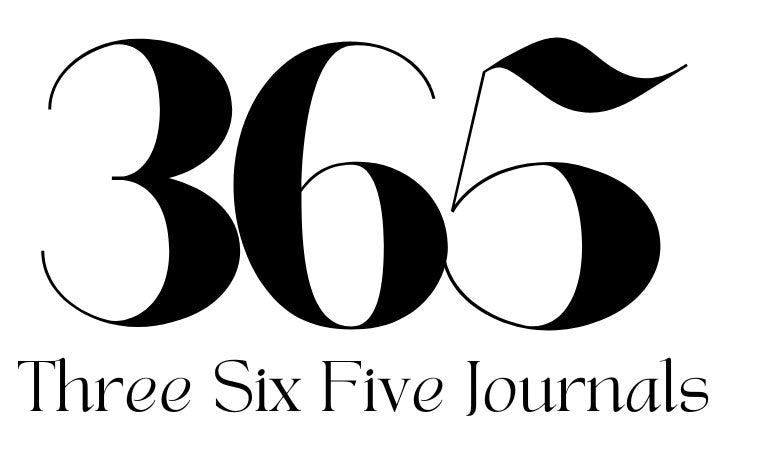And What You Actually Need to Heal Your Relationship with Money
If you’ve ever created a budget with the best intentions — only to fall back into old patterns or feel overwhelmed by guilt, shame, or fear — you’re not alone. For many people, especially those with a history of financial instability, generational scarcity, or emotional associations with money, traditional budgeting simply doesn’t work.
That’s because budgeting is a surface-level tool — and when you’re carrying money trauma, healing has to go much deeper.
In this blog post, we’ll explore:
- What money trauma really is
- Why budgeting alone can’t fix the issue
- Signs you may be experiencing money trauma
- What actually helps you create a healthy, empowered relationship with money
What Is Money Trauma?
Money trauma refers to deep-rooted emotional wounds related to financial experiences. These may stem from:
- Growing up in poverty or financial insecurity
- Experiencing job loss, debt, or financial abuse
- Internalized beliefs passed down through generations
- Associating money with control, survival, or self-worth
These experiences shape how you feel about money — not just how you spend or save it.
When left unaddressed, money trauma can manifest as:
- Chronic anxiety around spending
- Self-sabotage when financial success is within reach
- Avoidance of financial planning
- Guilt around investing in yourself
- Feeling undeserving of wealth or comfort
Why Budgeting Isn’t Enough
A budget is a tool. But if your mindset around money is rooted in fear or survival, that tool becomes hard to use — or worse, triggers more emotional distress.
You might set financial goals but constantly override them due to unconscious patterns. Or create a detailed spending plan, only to feel paralyzed by guilt every time you use your card.
Here’s why budgeting doesn’t work in isolation:
- It assumes rational behavior, but trauma often drives emotional responses.
- It focuses on math, not mindset, ignoring the emotional undercurrent.
- It doesn’t address why you overspend, under-save, or avoid money — it just tells you not to.
Without healing the root cause, budgeting becomes just another cycle of control, shame, and burnout.
Signs You Might Be Experiencing Money Trauma
- You feel guilt or panic after spending — even on necessities
- You avoid looking at your bank account or dealing with bills
- You constantly feel “behind,” no matter how much you earn
- You believe you’re bad with money, lazy, or undeserving
- You fear both having money and not having it
Recognizing these patterns is the first step toward change.
What You Actually Need Instead
1. Financial Self-Awareness
Start journaling your thoughts, triggers, and emotions around money. Ask yourself:
- What did I learn about money growing up?
- When do I feel safest financially?
- When do I feel most anxious or avoidant?
Awareness helps you separate fact from inherited fear.
2. Emotional Safety
If budgeting feels like punishment, reframe it as self-care. Focus on how money can support your values, your healing, and your joy — not restrict them.
3. Somatic + Nervous System Work
Because trauma is stored in the body, learning how to regulate your nervous system is key. Practices like breathwork, grounding, and gentle movement can reduce emotional charge when engaging with finances.

4. Aligned Goal-Setting
Instead of budgeting out of fear, try planning from a place of purpose. Ask:
“What would financial peace look like for me?”
“What would it feel like to feel safe with money?”
Shift from control to intention.
5. Community + Support
Whether it’s through financial coaching, therapy, journaling circles, or safe conversations, healing your relationship with money doesn’t have to be done alone.

You’re not bad with money — you’ve just never been taught how to hold it with love, safety, and intention. Budgeting can be a powerful part of your financial journey, but it’s not a one-size-fits-all solution when trauma is involved.
Healing money trauma is not just about spreadsheets — it’s about rewriting your story.
And that starts with compassion, curiosity, and connection.
Ready to explore your own patterns?
Our 365 Journals Financial Chapter is a guided tool to help you work through your money story with grace, honesty, and healing.




